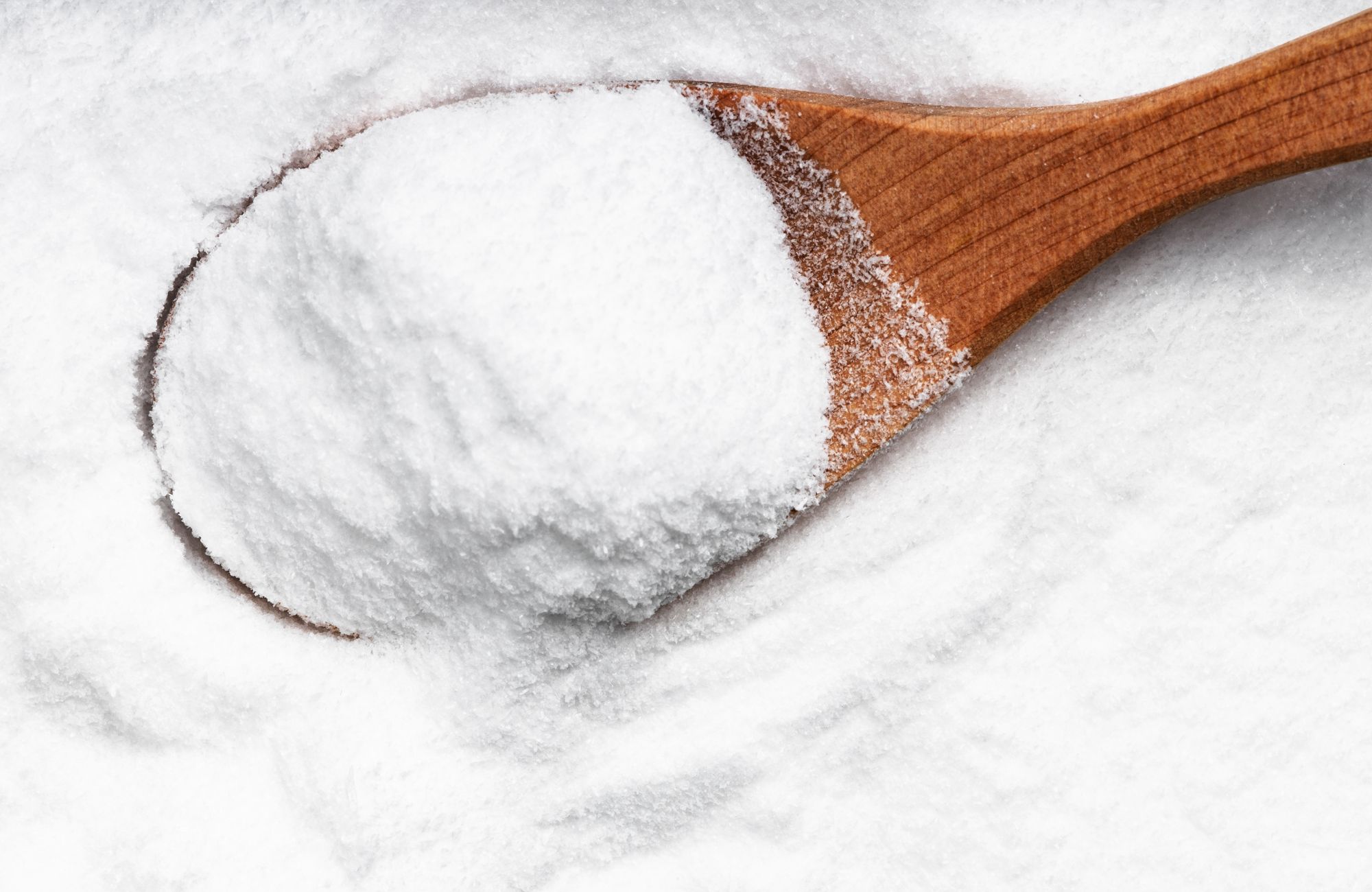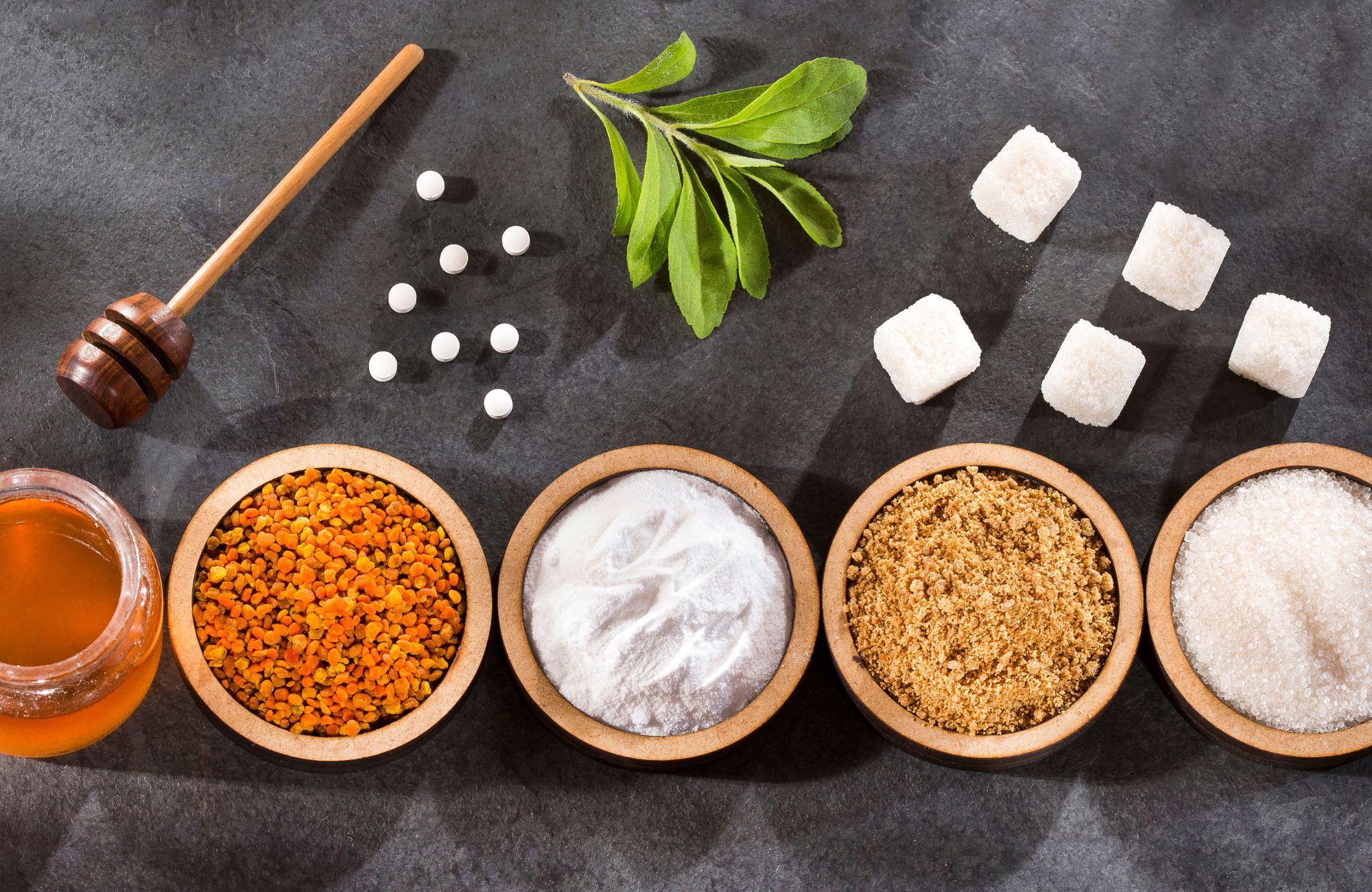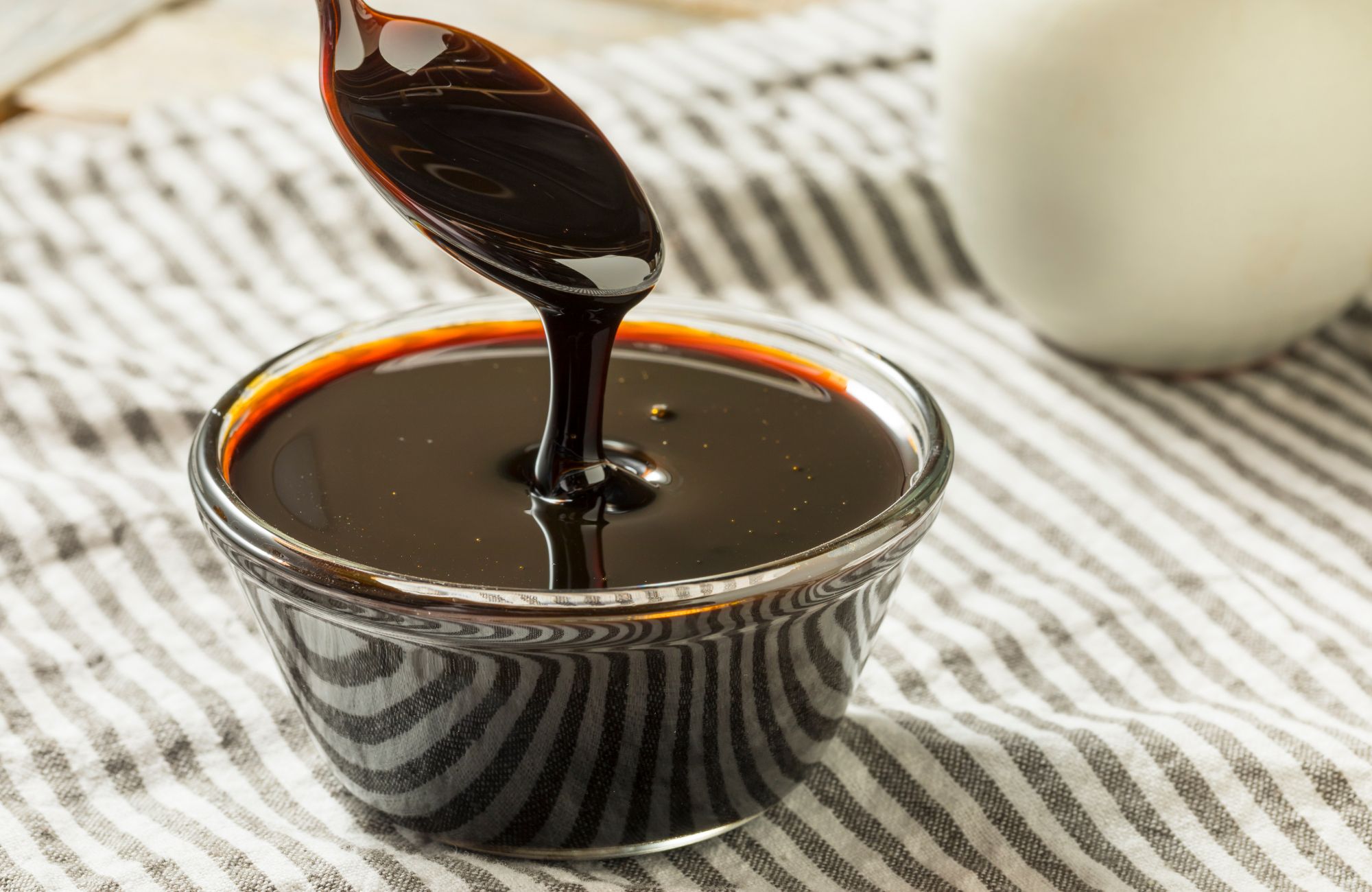
Is Dextrose Gluten Free? The Complete Guide
If you have celiac disease or gluten sensitivity, you know how crucial it is to verify every ingredient in your food and supplements. One common ingredient that often raises questions is dextrose. Let’s cut straight to the answer: Yes, dextrose powder is gluten-free, even when it’s derived from wheat. Here’s everything you need to know about dextrose and its safety for those following a gluten-free diet.
Understanding Dextrose and Its Sources
Dextrose is a simple sugar (monosaccharide) that’s chemically identical to glucose. While that might sound complex, what you really need to know is that it’s a highly purified ingredient primarily derived from two sources:
- Corn (most common in North America)
- Wheat (more common in Europe)
Regardless of its source, the extensive processing required to produce dextrose eliminates all proteins, including gluten. This makes dextrose safe for people with celiac disease or gluten sensitivity, even when it’s wheat-derived.
Why Dextrose Is Safe for Gluten-Free Diets
The safety of dextrose for gluten-free diets comes down to its manufacturing process. During production, the source material (corn or wheat) undergoes:
- Hydrolysis (breakdown using water)
- Multiple filtration steps
- Purification processes
- Crystallization
This thorough processing removes all protein components, including gluten, leaving only pure dextrose. The FDA and other regulatory bodies recognize dextrose as gluten-free, even when derived from wheat, because the final product contains no detectable gluten proteins.
Common Uses and Benefits of Dextrose
Dextrose plays several important roles in both food products and medical applications:
Medical Applications
- Treatment for low blood sugar (hypoglycemia): Dextrose rapidly raises blood glucose levels, making it an essential emergency treatment for diabetic patients experiencing severe hypoglycemia.
- Component in IV fluids for hydration: Used in hospital settings to provide both hydration and energy to patients who cannot take fluids orally, helping maintain proper fluid balance.
- Energy source in medical nutrition: Serves as a crucial calorie source in medical nutrition therapy, particularly for patients requiring tube feeding or parenteral nutrition.
- Post-surgery recovery supplement: Helps maintain blood sugar levels and provides necessary energy during the critical recovery period after surgical procedures.
Food and Beverage Industry
- Natural sweetener: Provides a clean, pure sweet taste without artificial ingredients, making it ideal for food and beverage applications.
- Preservative to extend shelf life: Acts as a natural preservative by reducing water activity in foods, helping prevent microbial growth and extending product longevity.
- Flavor enhancer: Enhances and balances flavors in various food products while providing a smooth mouthfeel.
- Fermentation aid in brewing: Serves as a fermentable sugar source in brewing processes, helping create consistent alcohol content in beverages.
Athletic Performance
- Quick energy source during intense workouts: Rapidly absorbed by the body, providing immediate energy for high-intensity training sessions and endurance activities.
- Helps replenish glycogen stores: Efficiently restores depleted muscle glycogen after exercise, supporting faster recovery between training sessions.
- Supports muscle recovery: Promotes protein synthesis and reduces muscle breakdown when consumed post-workout, especially when combined with protein.
- Maintains fluid balance: Helps athletes maintain proper hydration levels during intense physical activity by improving fluid absorption in the body.
Who Should Exercise Caution with Dextrose?
While dextrose is gluten-free and safe for celiac patients, certain groups should carefully monitor or limit their intake. Here’s a comprehensive breakdown of who needs to be cautious:
Diabetes and Blood Sugar Concerns
- People with Diabetes: Dextrose rapidly enters the bloodstream, causing immediate blood glucose spikes. Only use under medical supervision, primarily for treating severe hypoglycemic episodes.
- Pre-diabetic Individuals: Should carefully monitor intake as it can contribute to blood sugar management issues and potentially accelerate progression to type 2 diabetes.
Allergies and Intolerances
- Corn Allergy Sufferers: Must avoid corn-derived dextrose as it can trigger reactions ranging from mild discomfort to severe anaphylaxis. Consider wheat-derived alternatives after consulting healthcare providers.
- Glucose-Galactose Malabsorption: These individuals have compromised ability to absorb simple sugars, leading to severe digestive issues, diarrhea, and potential dehydration.
Dietary Restrictions
- Low-Carb Dieters: Should note that dextrose is a simple carbohydrate containing 4 calories per gram. Can quickly impact daily carb limits and interfere with ketosis.
- Athletes Monitoring Intake: While beneficial for performance, needs careful timing and portioning to align with training goals.
Medical Conditions
- Metabolic Disorders: Including hereditary fructose intolerance and glycogen storage diseases may require strict dextrose restrictions.
- Thiamine Deficiency: High glucose intake without adequate thiamine can worsen neurological symptoms.
- Gastrointestinal Disorders: May need to limit intake due to potential symptom exacerbation in conditions like SIBO or IBS.
Important Recommendations
Medical Supervision
- Always consult healthcare providers before including dextrose in your diet
- Maintain detailed records of any adverse reactions
- Regular monitoring of symptoms and body responses
Product Awareness
- Read labels carefully to identify dextrose content
- Research alternative sweeteners when necessary
- Verify sources and manufacturing processes
Management Strategies
- Consider appropriate timing of intake
- Monitor portion sizes carefully
- Keep emergency contact information handy if prone to adverse reactions
- Develop an action plan with healthcare providers for managing potential reactions
Expert Tips for Consumers
When purchasing products containing dextrose:
- Check for “gluten-free” certification if you’re highly sensitive
- Review the complete ingredient list for other potential gluten sources
- Be aware of cross-contamination risks in manufacturing facilities
- Consider the overall product, not just the dextrose ingredient
- Maintain open communication with manufacturers about their processes
Remember, while dextrose itself is gluten-free, it’s always important to verify the gluten-free status of the entire product it’s used in, as other ingredients may contain gluten or there could be cross-contamination during manufacturing.
Conclusion
Understanding the gluten-free status of dextrose brings peace of mind to those managing celiac disease or gluten sensitivity. While dextrose is consistently gluten-free due to its rigorous purification process, it’s still essential to verify the gluten-free status of any product containing dextrose, as other ingredients may contain gluten or cross-contamination could occur during manufacturing. Armed with this knowledge, you can make informed decisions about products containing dextrose while maintaining your gluten-free lifestyle.
At US Sweeteners, we’re committed to providing high-quality, gluten-free dextrose products that meet the strictest safety and purity standards. Our manufacturing processes ensure complete gluten removal, and we maintain rigorous testing protocols to guarantee the safety of our products for celiac and gluten-sensitive individuals. Contact us today to learn more about our certified dextrose solutions and how they can benefit your food production needs.
FAQs
Is there gluten in dextrose?
No, dextrose is completely gluten-free, even when derived from wheat, as the manufacturing process removes all gluten proteins.
What is surprisingly not gluten-free?
Many unexpected products contain gluten, including some soy sauces, salad dressings, candy, processed meats, and even some medications or supplements.
Is dextrose always made from wheat?
No, dextrose is primarily made from corn in North America, while wheat-derived dextrose is more common in Europe.
How to avoid gluten?
Read product labels carefully, look for certified gluten-free products, and be aware of cross-contamination in restaurants and food preparation.
What is dextrose made of?
Dextrose is a simple sugar (glucose) typically made from corn or wheat through a purification process that removes all proteins and other components.



Leave a Reply